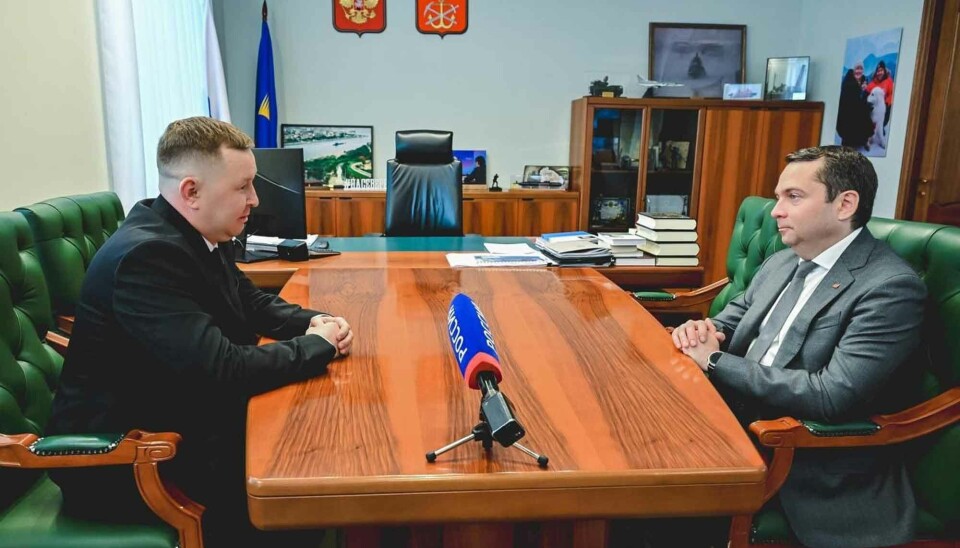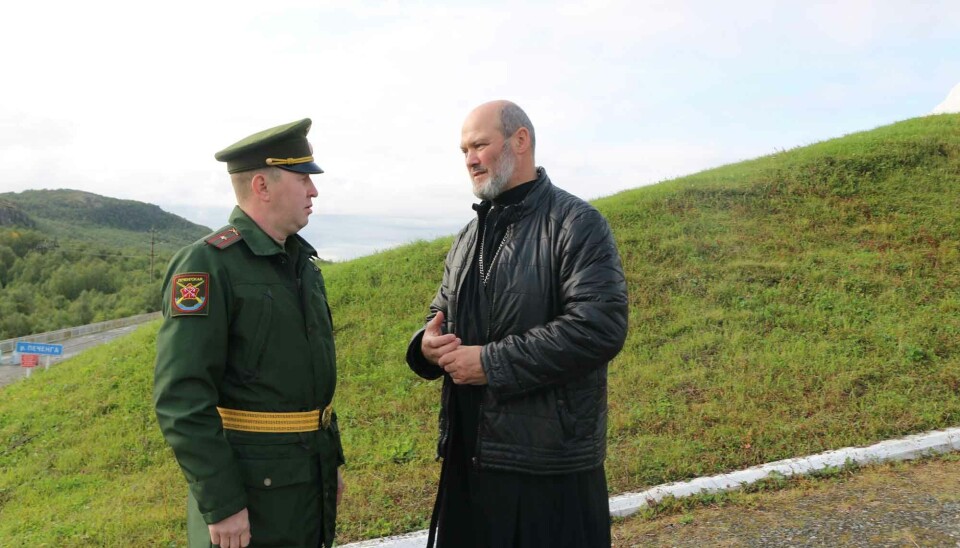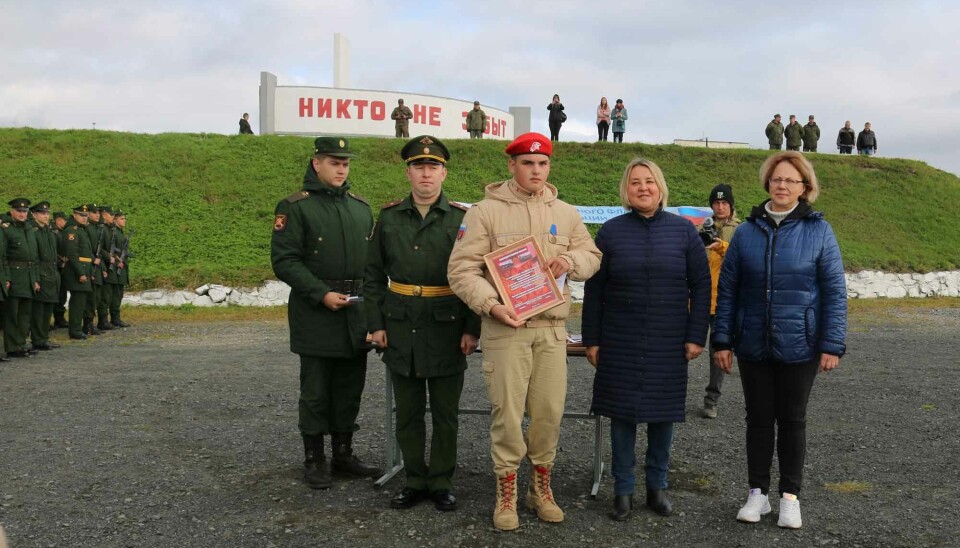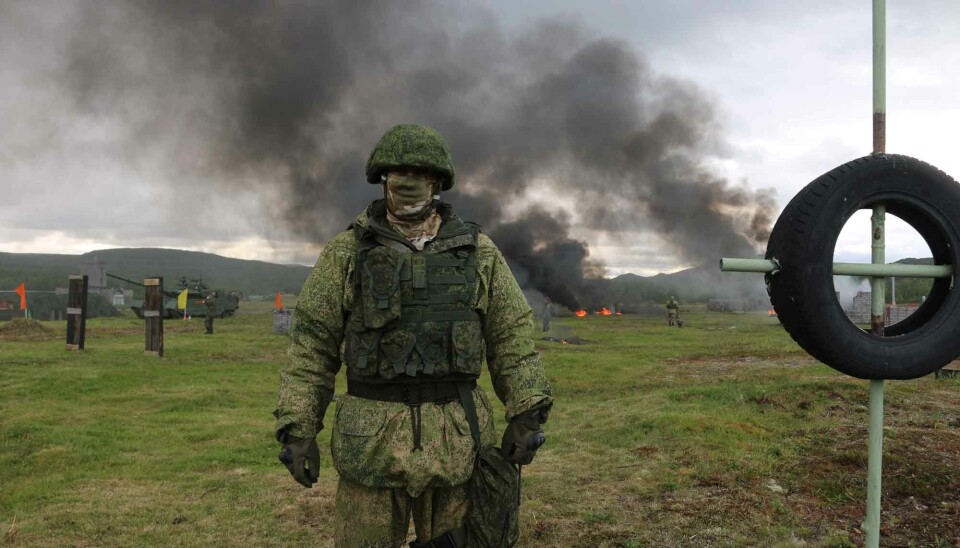
"War experiences are important for our region," says Murmansk governor
Governor Andrei Chibis hires Major Roman Oleshkin, a former deputy commander of the 200th Motorised Rifle Brigade, as a trainee in his regional administration. Oleshkin's fighting experiences from occupied territories are of great value for the Kola Peninsula, governor Chibis argues.
Major Roman Oleshkin used to work and live in Pechenga, the military town located near the border to Norway and Finland. As Deputy Commander of the 200th Motorised Rifle Brigade with responsibility for so-called military-political operations, Oleshkin followed up activities aimed at fostering political obedience and patriotism among military personnel.
The military man faithfully propagated Russian militarism to conscripts. He also represented Russia's armed forces in several municipal structures, including the local anti-narcotics commission.
In April 2021, he headed a military ceremony in Pechenga in connection with the Russian Flag Day.
"Respect for the flag is respect for the Motherland, for our strong and independent country. We are defenders of our Fatherland, its power, freedom, and peacefulness, and this is how we express our love for it. We are fortunate that we now live in peaceful times and can hold such an event – a rally of pride and respect for the state symbols of our homeland," he said in an address.

Also at the ceremony were Lyubov Cherepanova, the leading local politician who has visited occupied Ukrainian regions, and Oleg Denichenko, the local clergyman that has been decorated for this service on occupied land.

Not many months after the event, Major Oleshkin was sent to Ukraine to fight in Russia's full-scale war of aggression against Ukraine.
Unlike many of his fellow warriors from Pechenga, among them Colonel Denis Kurilo and General Aleksandr Zavadsky, Oleshkin returned to the Kola Peninsula alive. Along with several medals and awards for alleged bravery on the front.
The military man now prepares to enter public service as part of Putin's so-called Time for Heroes programme. On July 21, the major was welcomed into the office of Murmansk governor Andrei Chibis and officially presented as the regional government's new trainee.
"You have started an internship under a programme implemented on behalf of our country's President. […] Upon completion of the internship, we will discuss your prospects for growth and career development, and which career path you will pursue next. Therefore, I am pleased to see you on the civil front and welcome you," said governor Chibis.
Oleshkin responded that he "expects to gain valuable management skills in all areas of regional government activity."
But not everyone is happy with the appointment of Oleshkin.
"Where did he get all those medals and awards from," a man asks in a local social media group.
"All these programmes are designed for lackeys and sycophants. The real heroes don't see any awards," another man writes in the same group. "If there were awards for assault troops, then you could have awarded everyone without exception. But we don't see any awards for the guys from the assault troops, yet all the hardships of combat fall on their shoulders," he adds.
The ‘Time of Heroes’ programme was established by Vladimir Putin in early 2024.

Russia's new elite should be based on soldiers with war experience from Ukraine, the dictator said in an address to the country's federal assembly.
The programme is designed for war veterans with the aim to prepare them for civil service. Many of the participants are highly decorated soldiers, among them so-called 'heroes of Russia.'















